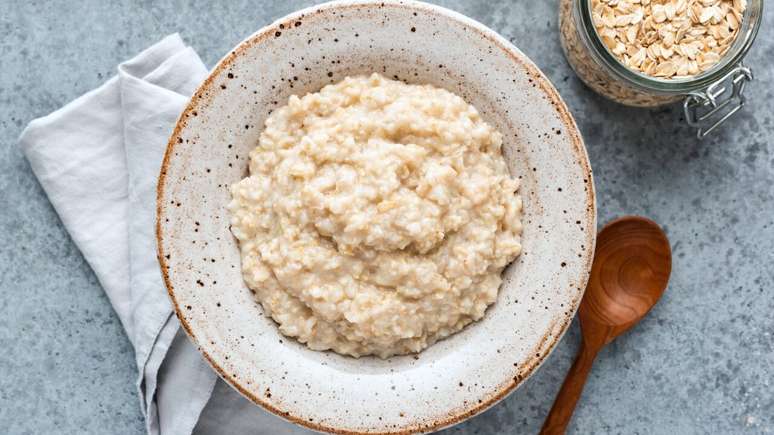To relieve hand pain during the winter, consider these practical tips
-
PARTICIPATING

How to Reduce Hand Pain During Winter
-
PARTICIPATING

HPV may influence the onset of head and neck cancer
-
PARTICIPATING

Does Inflammation Contribute to Infertility? Expert Explains
Winter can bring with it a discomfort for many people: hand pain. The cold tends to constrict blood vessels, reducing circulation in the extremities of the body, such as the hands, and this can cause stiffness, pain, and even tingling.
To help alleviate these symptoms and prevent the problem, you can follow some practical advice:
• Cover yourself well: Wear gloves, scarves, and hats to keep your hands and other extremities warm. Opt for waterproof gloves on wet or snowy days to keep your hands from getting wet and cold.
• Keep your hands hydrated: Cold, dry air can dry out the skin on your hands, increasing irritation and pain. Use a hypoallergenic moisturizer frequently, especially after washing your hands.
• Avoid prolonged exposure to cold: If possible, wear gloves when doing outdoor activities such as walking or driving. If you need to be exposed to cold for a longer period of time, take breaks to warm your hands in an enclosed space.
• Do hand exercises: Gentle hand stretches and exercises can help improve blood circulation and joint flexibility. There are several simple exercises you can do at home, such as opening and closing your hands, making circular movements with your fingers, and squeezing a rubber ball.
• Apply compresses: Warm compresses can help relax muscles and relieve pain. You can use a hot water bottle, a heated towel, or even your own hands. Cold compresses can be helpful in reducing inflammation, if present.
• Use drugs: Over-the-counter pain relievers, such as acetaminophen or ibuprofen, may help relieve pain. If pain is severe or persistent, see a doctor.
• Maintain a healthy diet: A diet rich in fruits, vegetables, and whole grains can provide important nutrients for joint health. Foods rich in omega-3s, such as salmon, sardines, and flaxseed, can also be helpful.
• Avoid smokingSmoking can impair blood circulation and make it difficult for joints to heal.
• Control stress: Stress can make joint pain worse. Practice relaxation techniques such as yoga, meditation, or deep breathing to help manage stress.
• Seek professional help: If your hand pain is severe, persistent, or interferes with your daily activities, see a doctor or physical therapist. They can evaluate the cause of your pain and recommend appropriate treatment.
Remember that these are just general suggestions and what works for one person may not work for another. If you are experiencing hand pain, consult a healthcare professional for an accurate diagnosis and personalized treatment plan.
Watch the video with advice from Syomara Cristina, occupational therapist.
inspires transformation in the world of work, in business, in society. Compasso, a content and connection agency, is born.
Source: Terra
Ben Stock is a lifestyle journalist and author at Gossipify. He writes about topics such as health, wellness, travel, food and home decor. He provides practical advice and inspiration to improve well-being, keeps readers up to date with latest lifestyle news and trends, known for his engaging writing style, in-depth analysis and unique perspectives.


-1ibeskywkh3z8.png)






